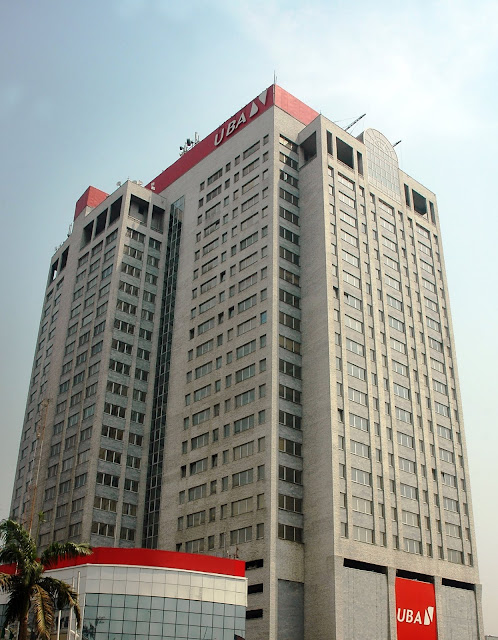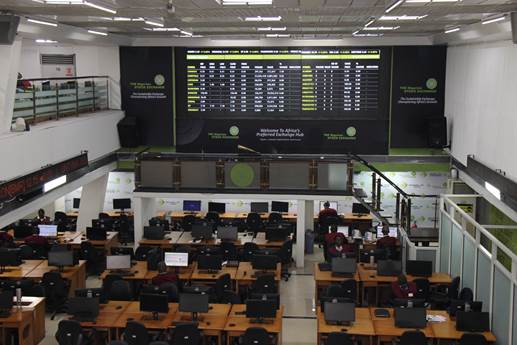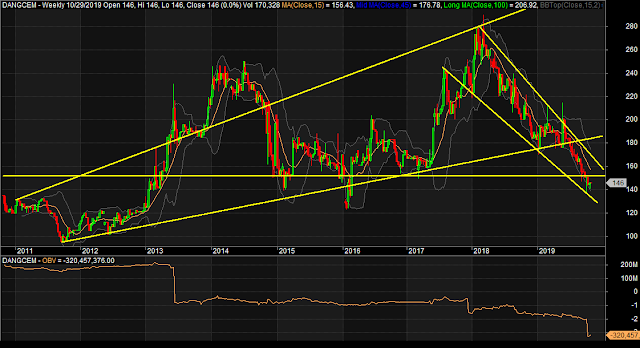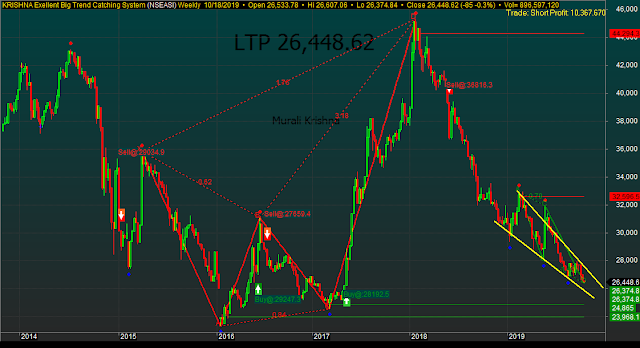UBA 2019-9m: Improved Profit On Robust Balance Sheet Deployment

The United Bank for Africa recently released its earnings report for the nine-month ended September 30, 2019, closing the period with an impressive after-tax profit of N81.63bn, a growth of 32% over that of 2018, a momentum the bank may likely sustain into the full-year, pointing to the possibility of even higher profit. The bank ended the quarter with stronger earnings that grew sharply, resulting in its fastest profit growth in three years, with higher profitability and investment ratios driven by electronic and improved retail banking. Further growth is likely for UBA Plc, based on the growth momentum at the end of its third-quarter trading, driven by three major developments. The first is the accelerated revenue growth, led by interest and non-interest income; as well as the declining provisioning for the bad loans; and improved cost management as shown in the group interest expenses. The recent directive by the Central Bank of Nigeria (CBN) that banks should raise their Loa









